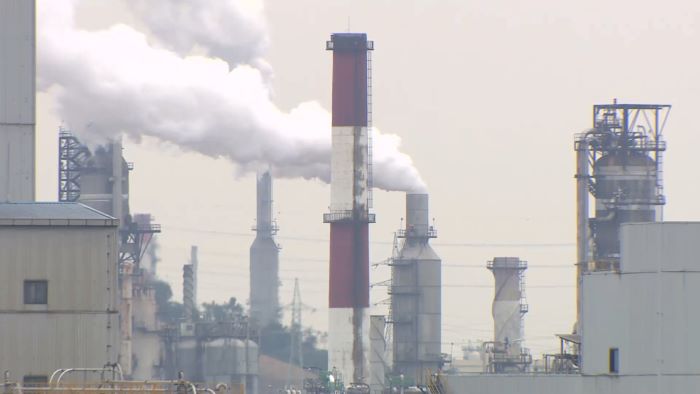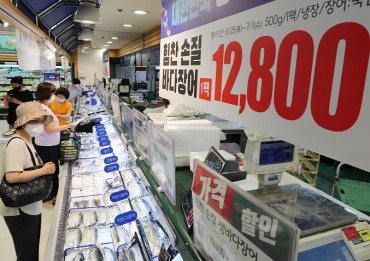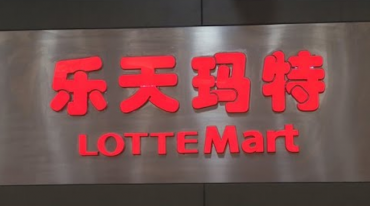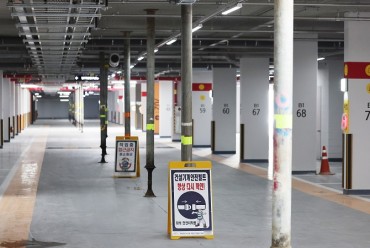
Greenhouse gas emissions exchange traded funds (ETFs) are coming to market next year. In 2025, a futures market will be introduced. The idea is to revitalize the currently closed emissions market. (Image courtesy of Yonhap News TV)
SEOUL, Sept. 20 (Korea Bizwire) – The government plans to permit the sale of exchange-traded funds tracking the greenhouse gas emission trading market beginning next year as part of efforts to activate the country’s sluggish emission trading, officials said Wednesday.
The move by the government’s emission rights allocation committee comes as trading prices of the government-issued rights to emit a ton of greenhouse gases had fallen to 7,020 won (US$5.28) as of July 24, less than one-fifth of the peak price of 40,950 won in December of 2019.
Emission trading allows emitters to buy or sell greenhouse gas emission permits allocated by the government, a market-based approach to control pollution by giving economic incentives to reduce emissions.
As of 2021, only 9.4 percent, or 5.5 million tons, of the country’s total emission permits had changed hands through emission trading as the market continued to remain tepid and highly volatile. Low emission trading prices mean emitters have little reason to cut down emissions because they can easily pay for extra emission rights.
Under the plan, the government will permit the sale of exchange-traded funds and exchange-traded notes tracking the emission trading market starting next year, and will open a market for emission allowance futures in 2025.
The government expects the launch of financial derivatives linked to emission trading to help mitigate the market volatility, and draw individual and other investors to the market that is currently limited to some 700 emitters, 20 securities firms and seven other market makers.
(Yonhap)






